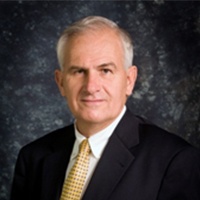Dellslow Felony Lawyer, West Virginia
Sponsored Law Firm
-
 x
x

Click For More Info:
-
Sean Logue & Associates
200 First Avenue 3rd Floor #301A Pittsburgh, PA 15222 » view mapDUI, Sex Crimes, Drug Crimes, Expungements Phones Answered 24 Hours A Day
Our lawyers bring a thorough understanding of criminal issues to help minimize the damage that a DUI charge can bring to our clients.
412-389-0805  Sean Logue Pittsburgh, PA
Sean Logue Pittsburgh, PAAttorney At Law - Pennsylvania, 2008
West Virginia, J.D. - 2007
 Google+
Google+Visit us and follow on Google+ to interact on social media.
 Contact UsEmail or Call 24/7
Contact UsEmail or Call 24/7Free initial consultation. Contact us today.
Not enough matches for Dellslow Felony lawyer.
Below are all Dellslow Criminal lawyers.
Sean Thomas Logue
✓ VERIFIEDSean Logue is a diligent attorney who excels at representing people who have been charged with criminal and traffic offenses in Pennsylvania. He const... (more)
William C. Brewer
✓ VERIFIEDLegal challenges require top-level experience and skill. That’s why individuals and businesses in West Virginia (WV) turn to attorney William C. Bre... (more)


 Sean Logue Pittsburgh, PA
Sean Logue Pittsburgh, PA Contact UsEmail or Call 24/7
Contact UsEmail or Call 24/7


